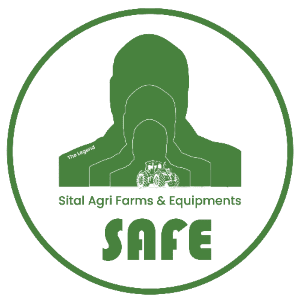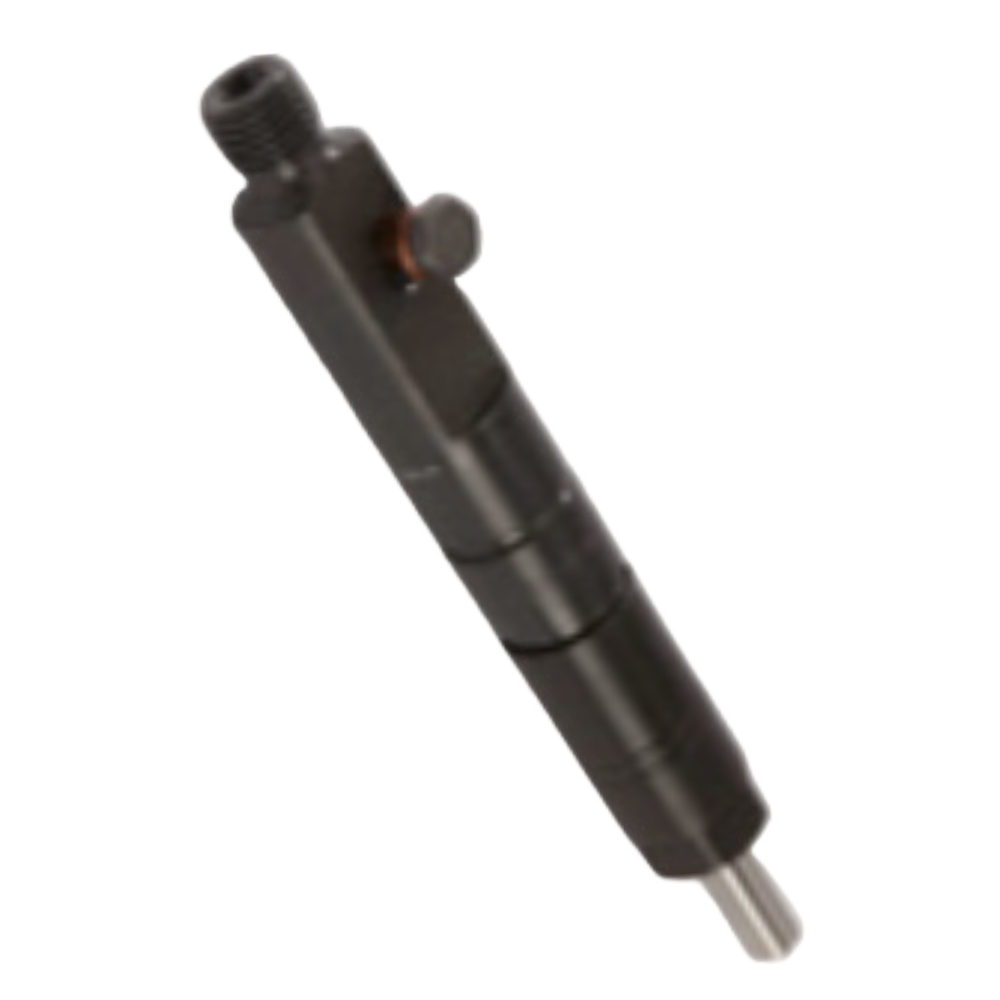How to Identify Original CNH Genuine Parts and Avoid Fakes
In the world of heavy-duty machinery, using genuine parts is not just a preference—it’s a necessity. CNH Genuine Parts are engineered to deliver unmatched quality, performance, and durability. However, the global rise in counterfeit components has made it increasingly difficult for equipment owners to distinguish between real and fake.
Buying fake CNH parts can damage equipment, void warranties, pose safety hazards, and result in significant financial losses. That’s why it’s critical to know how to identify original CNH Genuine Parts and avoid fakes.
This blog is your comprehensive guide to verifying authenticity, spotting red flags, and making smarter purchasing decisions to protect your equipment and investment.
Why Fake Parts Are a Serious Threat
Counterfeit parts may look similar to original components but lack the quality, safety testing, and precision engineering that genuine CNH parts offer. Using fake parts can lead to:
-
Premature failure of equipment
-
Increased maintenance costs
-
Poor performance and inefficiency
-
Safety risks for operators
-
Voided manufacturer warranties
Even a small, inexpensive fake part can cause catastrophic failures when integrated into complex machinery systems.
How to Identify Original CNH Genuine Parts: 8 Essential Tips
1. Check the Packaging
Original CNH parts come in branded packaging with high-quality print, consistent colors, and secure seals. Look for:
-
Clear CNH logos (e.g., Case IH, New Holland, Steyr)
-
Sturdy, tamper-proof packaging
-
Seals that break if the package is opened
-
Holographic security stickers in some cases
If the packaging looks flimsy, blurry, or inconsistent, it’s a red flag.
2. Verify the Part Number and Barcode
Genuine CNH parts are marked with specific part numbers and barcodes that can be matched against the official CNH parts database. These identifiers are:
-
Unique to each part type
-
Easy to cross-reference through authorized dealers
-
Sometimes include scannable QR codes for fast verification
Use the official CNH website or dealer systems to confirm part numbers before purchasing.
3. Look for CNH Branded Markings on the Part
Authentic CNH parts usually have engraved, printed, or embossed branding directly on the part itself, such as:
-
CNH or brand-specific logo (e.g., Case, New Holland)
-
Part number stamped or etched
-
Country of origin or manufacturing code
Counterfeit parts often omit these details or use generic imitations.
4. Buy Only from Authorized CNH Dealers
The safest and most reliable way to get original CNH parts is through certified CNH dealers. Authorized sellers:
-
Have direct access to the CNH inventory system
-
Provide official invoices and documentation
-
Offer warranty support and installation guidance
Avoid buying from unverified online marketplaces or third-party vendors without traceability.
5. Check for a Certificate of Authenticity
Some high-value or critical CNH components are packaged with a Certificate of Authenticity that verifies their origin and compliance with OEM standards. This certificate includes:
-
Part description and number
-
Serial or tracking code
-
Official CNH branding and dealer details
Make sure this certificate matches the product and dealer records.
6. Inspect Build Quality and Materials
Even without branding, genuine parts tend to look and feel superior. You should assess:
-
Material weight and density
-
Machining precision and finish
-
Weld quality and coating consistency
Fake parts often cut corners in production, resulting in rough edges, uneven finishes, and mismatched components.
7. Use CNH Telematics or Service Tools (Where Available)
Some advanced CNH machinery allows you to verify part compatibility and functionality through onboard telematics or diagnostic tools. These systems can:
-
Confirm software or electronic component pairing
-
Flag incompatible or unauthorized parts
-
Track replacement history and alerts
This is especially helpful for electronic control modules, sensors, and software-enabled parts.
8. Ask for Installation Records
Professional CNH service centers maintain logs of all installed parts. If you’re buying used machinery or aftermarket components, ask for:
-
Service history
-
Part replacement records
-
Installation receipts from certified CNH dealers
A missing or incomplete maintenance record is a potential red flag.
Red Flags to Watch Out For
Be cautious if you notice the following:
-
Unusually low prices compared to dealer quotes
-
Sellers unwilling to provide invoices or warranty
-
Poor packaging or unbranded boxes
-
Slight differences in design or material
-
Inconsistent labeling or missing logos
When in doubt, don’t install it—check with your local CNH dealer for verification.
Consequences of Using Fake Parts
Using counterfeit CNH parts might save money short term, but long-term consequences can be serious:
| Issue | Consequence |
|---|---|
| Poor fit | Mechanical failure |
| Inferior materials | Reduced lifespan |
| Lack of warranty | No manufacturer support |
| Safety hazards | Injury or equipment damage |
| Voided warranty | Increased repair costs |
FAQs on CNH Genuine Parts Authentication
1. Can I verify a CNH part online?
Yes, you can cross-check part numbers and barcodes using the CNH Industrial or brand-specific dealer systems.
2. Are all CNH parts branded?
Most are, especially critical components. Smaller parts like bolts may not have branding but should still come in genuine packaging.
3. Where can I report counterfeit CNH parts?
Report suspicious items to your local CNH dealer or through CNH Industrial’s official contact channels.
4. How can I tell if a CNH dealer is authorized?
Check the official CNH website or contact customer service to confirm dealer credentials.
5. Do CNH Genuine Parts cost more?
They may have a higher upfront cost but deliver better performance, longevity, and support, saving money in the long run.
6. Are fake CNH parts illegal?
Yes, selling counterfeit parts violates trademark and safety laws and can lead to legal action against the seller.
Conclusion
Understanding how to identify original CNH Genuine Parts and avoid fakes is essential for protecting your machinery, operators, and long-term investment. While counterfeit parts may seem tempting, they come with hidden risks that far outweigh the savings.
Always buy through authorized dealers, inspect packaging and branding, verify part numbers, and use CNH diagnostic tools when available. Your equipment’s performance—and your bottom line—depend on it.


